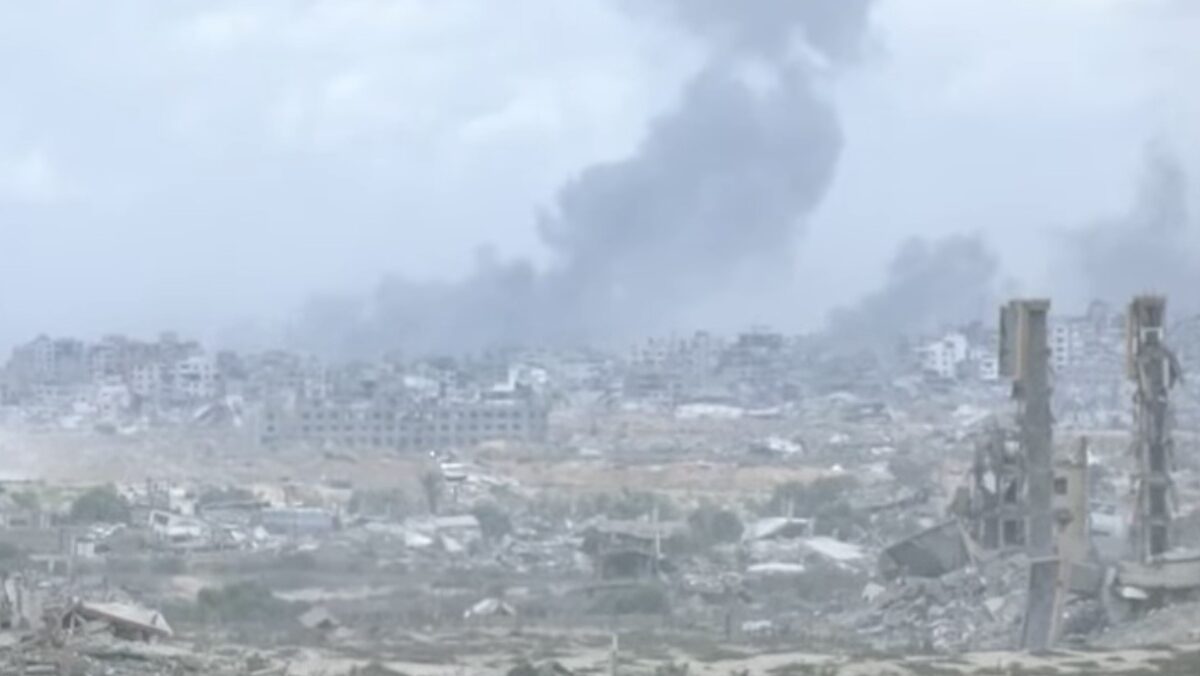President Donald Trump has emphasized an America First approach in Middle East policy, arguing that it has helped neutralize enemies and foster peaceful relations among allies. He contends that the Biden administration's policies have undermined these achievements, particularly by rejuvenating Iran and enabling violence against Israel.
Explainer Trump Designates Antifa as Domestic Terrorist Organization Amid Protests in Oregon
Under a potential second Trump administration, he claims that regional dynamics have shifted in favor of Israel, enhancing prospects for peace agreements like the Abraham Accords. Trump's proposed "Comprehensive Plan to End the Gaza Conflict" aims to stabilize the region by promoting Israeli and Arab cooperation.
However, critics argue that the plan does not adequately address the ideological roots of Hamas' governance in Gaza. Trump has pointed out that the origins of the current conflict stem from the Palestinian election of Hamas, which is known for its extremist views and violent tactics.
Polls indicate that many Palestinians continue to support Hamas, raising concerns about the viability of any peace plan that does not confront this underlying ideology. The plan suggests that improvements in living conditions and political leadership could lead to a peaceful resolution, but it remains unclear how this would be achieved without addressing Hamas' foundational beliefs.
The plan also includes provisions for the release of hostages in exchange for prisoners, a move that has raised alarms about the potential for released individuals to return to terrorism. Historical precedents, such as the 2011 Gilad Shalit exchange, indicate that many freed detainees resumed violent activities.
There are fears that the proposed exchanges could empower Hamas, allowing it to maintain a foothold in Gaza while undermining Israel's security. The plan's emphasis on demilitarization and the establishment of a non-threatening Gaza is seen as overly optimistic by some analysts.
The involvement of regional partners to ensure compliance with the plan raises questions about their willingness and ability to suppress jihadist elements within Gaza. The complexities of the situation suggest that achieving lasting peace will require more than just a change in leadership or material conditions.
In summary, while Trump's plan aims to create a path toward stability, the persistent ideological support for Hamas among the Palestinian population poses significant challenges that could hinder the success of any peace initiative.
Why it matters
- Trump's America First policy claims to enhance Israel's security and foster regional peace, contrasting with Biden's approach.
- Critics argue Trump's Gaza plan fails to address Hamas' ideological roots, raising doubts about its effectiveness.
- Polls show ongoing Palestinian support for Hamas, complicating prospects for any peace initiative.
- Concerns arise over potential prisoner exchanges empowering Hamas, echoing past instances of violence post-release.
What’s next
- Trump's administration plans to unveil the Comprehensive Plan to End the Gaza Conflict in the coming weeks.
- Calls for bipartisan support in Congress to address the implications of the proposed peace plan.
- Upcoming regional meetings to discuss compliance and support for the peace initiative are anticipated.
